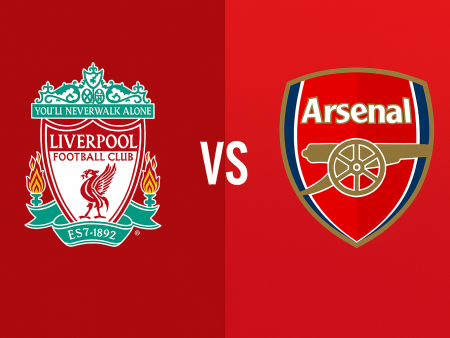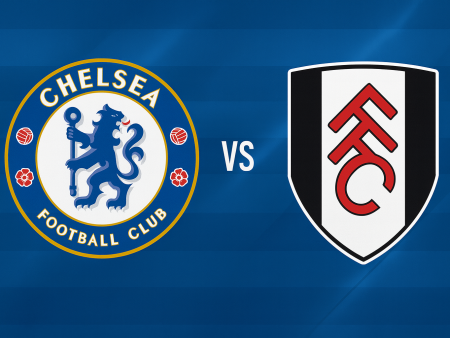North Macedonia at Euro 2020: Tactical Overview and Performance Analysis
North Macedonia made their debut in a major international tournament at UEFA Euro 2020, entering the competition ranked 62nd in the FIFA World Rankings. Despite being considered outsiders, the team embraced the challenge of competing at the highest level. This in-depth tactical analysis explores their journey through qualification, key tactical decisions, notable players, and overall group stage performances.
The Road to Qualification: Making History
North Macedonia secured their place at Euro 2020 by excelling in the UEFA Nations League D, a feat that highlighted their growth on the European football scene. They overcame Kosovo with a 2-1 victory in the semi-final and edged out Georgia 1-0 in the final, thanks to a decisive goal from captain Goran Pandev-a veteran forward and the country’s football icon with a domestic club named in his honor.
This historic qualification marked North Macedonia's very first entry into a major tournament. Prior to this, the only Macedonian representation in the European Championships was Blagoje Vidinic, who played as a goalkeeper for Yugoslavia in 1960. The achievement sparked enthusiasm within a squad eager to test themselves against Europe's elite and demonstrated that football development in the country was on the rise.
Key Players: Talent on the Rise
While Pandev’s experience and leadership were invaluable, North Macedonia’s roster also included several players who showcased technical quality and versatility during the tournament:
- **Eljif Elmas (Napoli):** A creative and energetic midfielder who was pivotal in transition and build-up play.
- **Ezgjan Alioski (then Leeds United):** Provided attacking impetus and defensive solidity from the fullback position.
- **Enis Bardhi (Levante):** Offered composure and set-piece prowess, contributing to their midfield creativity.
- **Stole Dimitrievski (Rayo Vallecano):** The first-choice goalkeeper who delivered key saves throughout the competition.
Many of these players already compete in Europe’s top leagues, suggesting that North Macedonia’s presence on the international stage is likely to grow in the coming years.
Coaching Vision: Igor Angelovski's Tactical Approach
Manager Igor Angelovski took charge of North Macedonia in October 2015, bringing with him a history of domestic success, including league and cup triumphs with Rabotnicki Skopje. Known for his tactical flexibility, Angelovski experimented with several formations over his tenure, including 4-2-3-1 and 4-4-2, but he most frequently set up the team in a 3-4-1-2 system for the Euro 2020 campaign.
Angelovski’s experience and innovative mindset were instrumental in North Macedonia’s impressive World Cup Qualifying run in 2018 (their best, with three wins) and, ultimately, in guiding the team through the demanding path to their Euro 2020 debut.
Formation and Tactical Setup
Throughout the tournament, North Macedonia’s tactical structure was primarily a 3-4-1-2 on paper but often morphed into a 3-5-2 or even a 5-3-2, especially when defending deep. This adaptability was driven by both their personnel and the quality of opposition in Group C, which featured established nations like the Netherlands, Ukraine, and Austria.
Against teams with more tournament experience and depth, Angelovski prioritized defensive solidity and compactness. The side often sat back with a five-man defense and looked for opportunities to break forward on the counter. In transitional moments, the system expanded to facilitate quicker attacks, with Pandev often spearheading these bursts.
Attacking Philosophy: Directness and Speed
North Macedonia’s offensive game plan was characterized by quick, direct play upon winning possession. Rather than building out methodically from the back, they favored vertical passes-mainly along the ground-which allowed their mobile midfielders and strikers to flood forward with pace.
This tactical tendency resulted in relatively high shot volumes, averaging 11 attempts per match during the group stage. However, accuracy proved elusive: only 2.7 of those shots were on target per game, and the team managed just 2 goals in 3 matches. Although they created clear-cut chances, finishing and composure were lacking against more defensively astute opponents.
Defensive Structure and Pressing Habits
Defensively, North Macedonia employed a compact mid-block, aiming to congest the midfield and limit the opposition’s ability to play through central areas. Their shape was narrow, which restricted the opportunities for opponents to combine centrally, but it also left space in wide areas and behind the defensive line.
Because the team rarely pressed high up the pitch-possibly due to fatigue from a demanding season-they focused on aggressive tackling and proactive interceptions, ranking second and fourth in those metrics at the tournament. Still, elite opponents often found ways to exploit gaps either with quick switches of play or by targeting the space between the central defenders and midfield.
This defensive discipline had its drawbacks. The lack of width in attack hampered their ability to stretch play, and their limited physicality-particularly in aerial duels-made it difficult to contest long balls or dominate set pieces against taller, more experienced teams.
Group Stage Performance: Efforts and Challenges
North Macedonia competed valiantly in Group C but finished at the bottom after losing all three matches-against the Netherlands, Ukraine, and Austria, each boasting greater depth and tournament pedigree. Despite these results, North Macedonia were never outclassed and managed to pose problems for all opponents.
Key statistics from their group stage include:
| Stat | Average Per Game |
|---|---|
| Shots Attempted | 11 |
| Shots on Target | 2.7 |
| Goals Scored | 0.67 |
| Clear Cut Chances Created | 8 |
| Interceptions (Tournament Rank) | 2nd Most |
| Tackles (Tournament Rank) | 4th Most |
While possession-oriented teams like the Netherlands challenged North Macedonia’s defensive setup, the underdogs responded with resilience and tactical discipline in every match.
Conclusion: Lessons and Prospects for the Future
North Macedonia’s Euro 2020 journey, although ended at the group stage, was full of noteworthy achievements and valuable lessons. Their attacking intent, defensive determination, and willingness to take on giants of European football brought pride to supporters and respect from neutrals.
This experience, combined with the continued development of their core players and coach, suggests that North Macedonia will remain competitive in future qualification campaigns. Their performance at the Euros demonstrated that they belong on the major international stage-and that bigger success could be within reach as their football infrastructure and player pool continue to grow.













